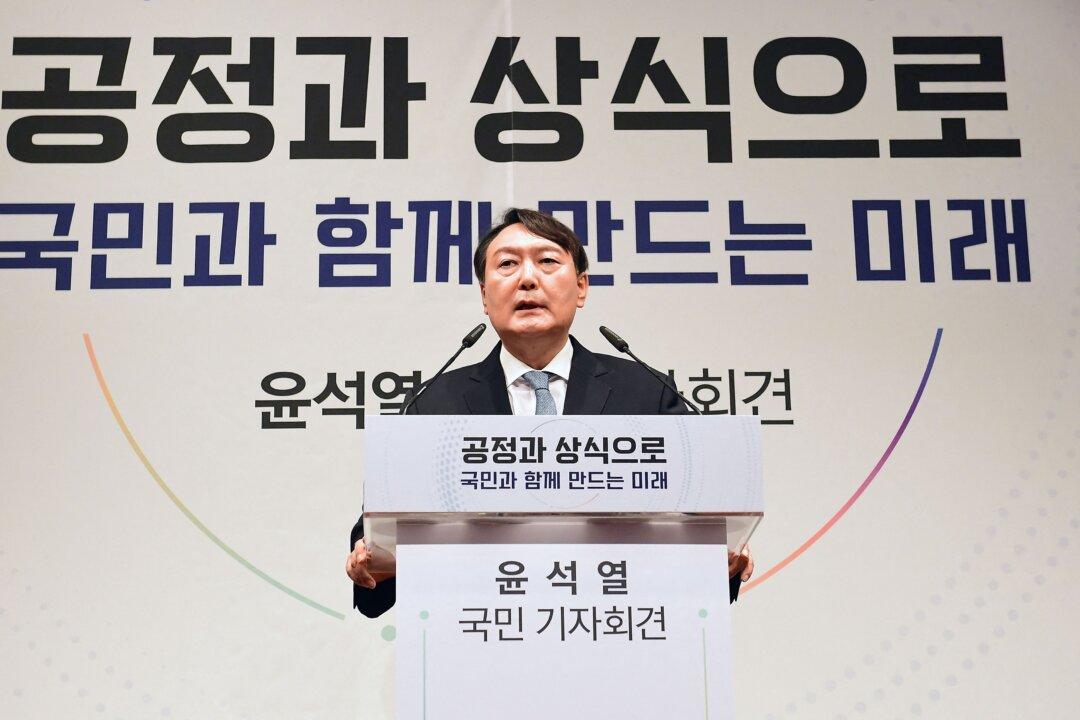The Chinese Communist Party (CCP) ambassador to South Korea, Xing Haiming, has publicly criticized Yoon Seok-youl, the former South Korean attorney general and a popular presidential candidate, for his stance on diplomacy and national security. However, many South Korean politicians condemned Xing’s comments, seeing them as CCP interference in the country’s upcoming presidential election.
Conservative Yoon Seok-youl, 61, is currently the most popular presidential candidate in the opposition party. In an interview with South Korea’s JoongAng Daily on July 14, Yoon suggested establishing an equal relationship with China by strengthening the South Korea–U.S. alliance and cooperation with countries of shared values.





